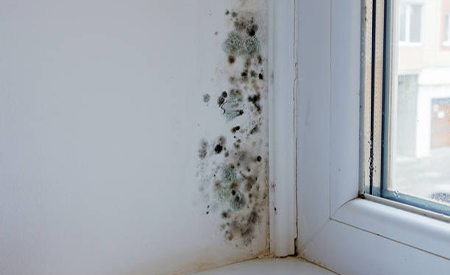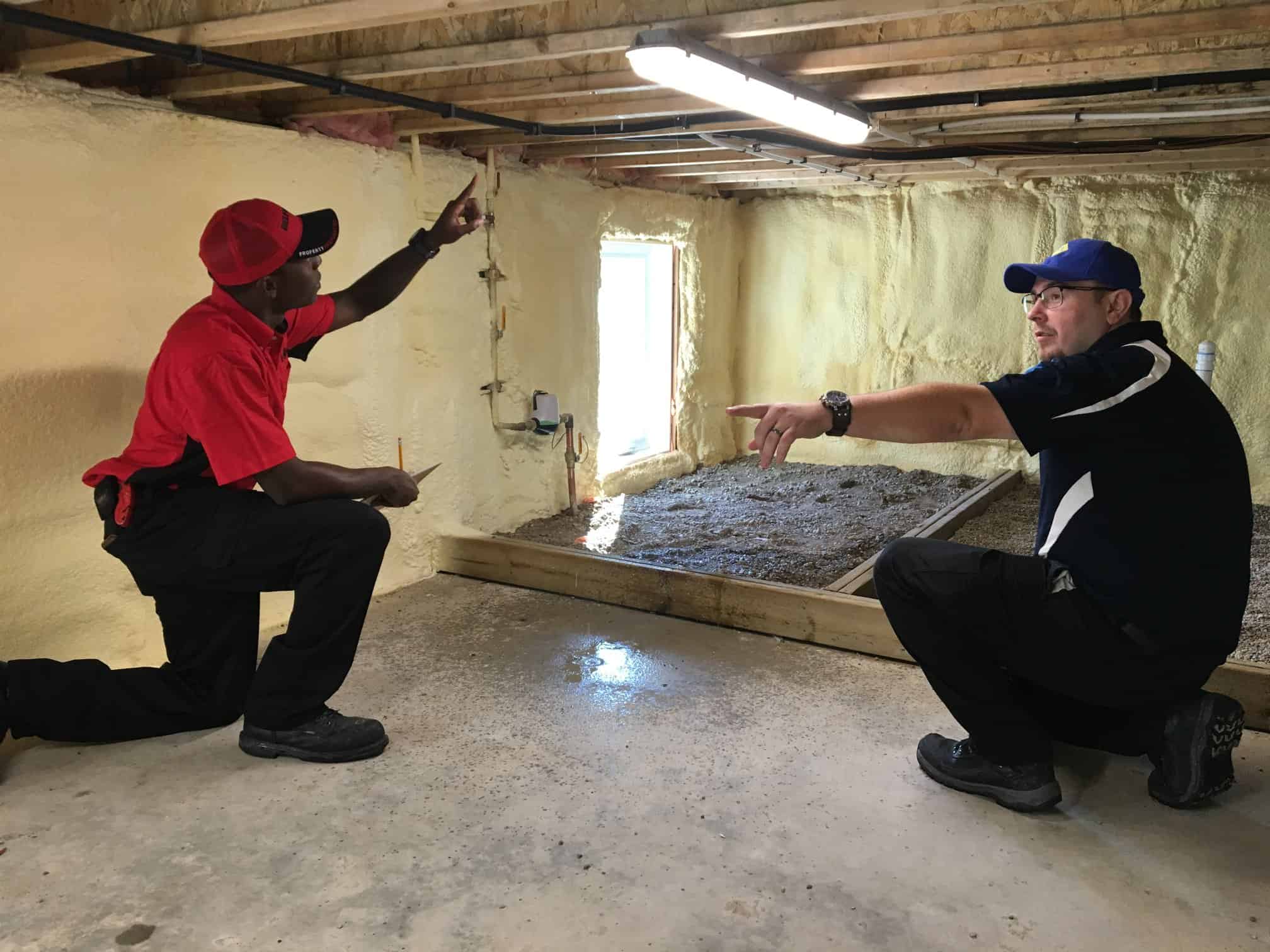Trusted Water Damage Repair Services for Residential and Commercial Properties
Trusted Water Damage Repair Services for Residential and Commercial Properties
Blog Article
The Process of Water Damages Cleaning: Ensuring Your Home Is Recovered Effectively
Water damages can be a complicated challenge for house owners, necessitating a structured and careful cleaning procedure to restore security and performance. damage restoration services. Following this, effective water extraction methods play an essential role in reducing more harm.
Assessing the Damages
Upon uncovering water damages, the very first step is to extensively analyze the degree of the influence. This initial examination is essential, as it helps figure out the needed steps for reliable clean-up and restoration. Begin by inspecting the influenced areas, consisting of walls, ceilings, floors, and personal possessions, to recognize the resource of the water invasion, whether from flooding, leaks, or condensation.
Documenting the damages is necessary for both insurance policy cases and intending reconstruction efforts - damage restoration services. Usage photos and written notes to record the severity of the damage, keeping in mind any afflicted structural aspects and materials. Pay special attention to locations that might not be immediately visible, such as behind walls and under carpetings, as hidden wetness can result in further problems, including mold and mildew development
In addition, evaluate the timeline of the water direct exposure. The longer the materials stay damp, the better the capacity for damage. Comprehending the period of direct exposure will certainly inform the necessity of removal efforts. Inevitably, an extensive analysis prepares for a successful water damages cleaning process, ensuring that all influenced locations are addressed efficiently and extensively.
Water Extraction Strategies

Specialists typically use submersible pumps for larger volumes of water, which can promptly reduce flooding in basements or various other impacted areas. For smaller quantities, wet/dry vacuum cleaners are typically used to remove recurring wetness from carpets and hard surface areas. Additionally, using portable extractors enables targeted elimination in constrained rooms or locations with delicate materials.
In circumstances of polluted water, such as sewage or floodwater, progressed removal methods may entail making use of biohazard devices to make sure safety and security and conformity with health policies. High-powered removal devices are crucial in decreasing water retention in structural materials, which can bring about mold and mildew development and architectural damage if not addressed without delay.
Ultimately, the performance of water removal methods plays a critical function in the total success of the water damage cleanup process, laying the groundwork for succeeding repair efforts.
Drying and Dehumidification
As soon as standing water has been effectively drawn out, the next important phase in the water damage clean-up procedure is drying out and dehumidification. This action is necessary to avoid further damage and mold development, which can occur within 24 to 48 hours in damp settings.
To accomplish effective drying, specific tools such as industrial-grade air moving companies and dehumidifiers is utilized. Air moving companies flow air across wet surfaces, improving evaporation prices, while dehumidifiers reduce humidity levels airborne, promoting a helpful environment for drying. The combination of these devices guarantees that dampness is extracted from floorings, furnishings, and wall surfaces, permitting them to dry completely.
It is essential to check the drying process very closely. Specialists usually use wetness meters to examine the moisture material in numerous materials, making certain that all influenced areas reach acceptable dryness levels. This precise technique assists to stop hidden dampness pockets that could lead to structural damage or unhealthy mold and mildew growth.

Cleansing and Disinfecting
After the drying and dehumidification phase is total, the next crucial action in water damages cleaning is click cleaning up and disinfecting the influenced locations. This procedure is vital to stop the growth of mold, germs, and other pathogens that flourish in moist environments.
The cleaning stage home insurance water damage commonly entails getting rid of any kind of particles, dirt, and contaminants from surface areas making use of specialized cleaning agents. For hard surface areas, a combination of soap and water or commercial cleaning items is commonly utilized. Soft products, such as upholstery and rugs, may need a lot more substantial cleaning techniques, consisting of steam cleansing or deep removal methods, to make certain thorough sanitation.

Sterilizing follows cleaning, making use of EPA-approved anti-bacterials to remove damaging microbes. This step is vital, specifically in areas that might have entered into contact with floodwaters or sewage, as these sources can posture major health risks.
Furthermore, it is necessary to deal with any remaining smells, which may call for using smell neutralizers or innovative methods like ozone therapy. Appropriate cleansing and sanitizing not only bring back the security and health of your home yet also prepared for successful reconstruction and repair work in subsequent phases of the water damage clean-up process.
Restoration and Fixings

Once the evaluation is full, remediation efforts can begin. Additionally, flooring may need comparable attention, depending on the level of water exposure.
It is crucial to involve seasoned remediation experts throughout this procedure, go now as they possess the knowledge to take care of complex fixings successfully. They can help reduce prospective future concerns, such as mold growth or architectural instability, hence guaranteeing a risk-free and habitable living setting. Eventually, efficient restoration and fixings recover the home's integrity and improve its overall worth.
Verdict
To conclude, the process of water damages clean-up is essential for recovering a home to its pre-damage problem. Each phase, from examining the damage to executing effective water removal strategies, followed by detailed drying out, sanitizing, and needed fixings, plays an essential role in ensuring security and compliance with structure criteria. Efficient execution of these steps not only mitigates prompt damage but additionally enhances the long-lasting honesty and value of the building.
Water damage can be a daunting obstacle for homeowners, necessitating a organized and precise cleanup procedure to bring back safety and capability. Ultimately, a thorough evaluation lays the foundation for a successful water damage clean-up process, ensuring that all affected locations are addressed effectively and extensively.
Reliable water extraction strategies are necessary in minimizing damages and protecting against more issues complying with a water breach event.In verdict, the process of water damage cleaning is critical for bring back a home to its pre-damage problem. Each stage, from analyzing the damage to carrying out effective water removal strategies, complied with by extensive drying, disinfecting, and necessary fixings, plays a vital function in ensuring security and conformity with structure requirements.
Report this page